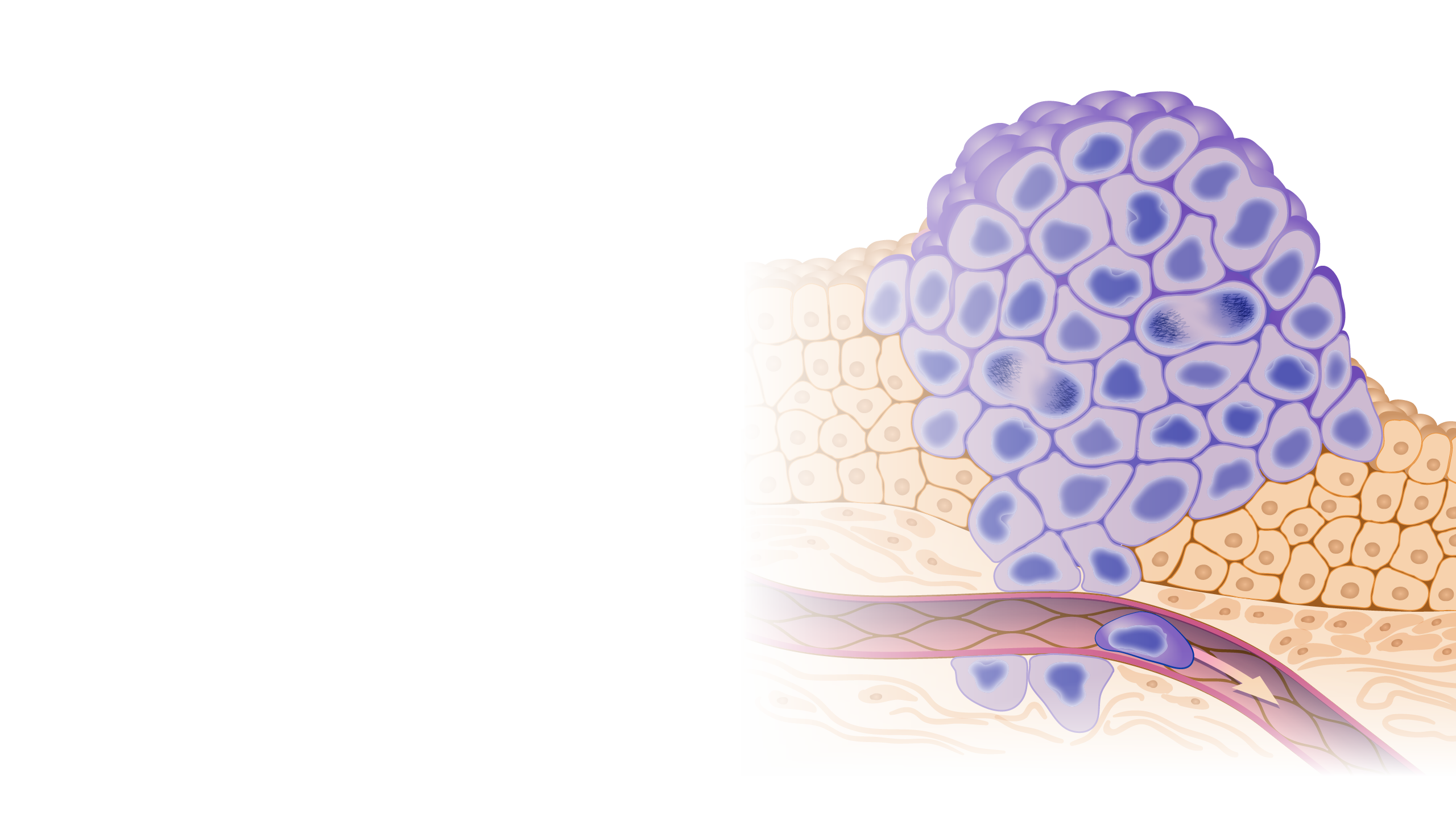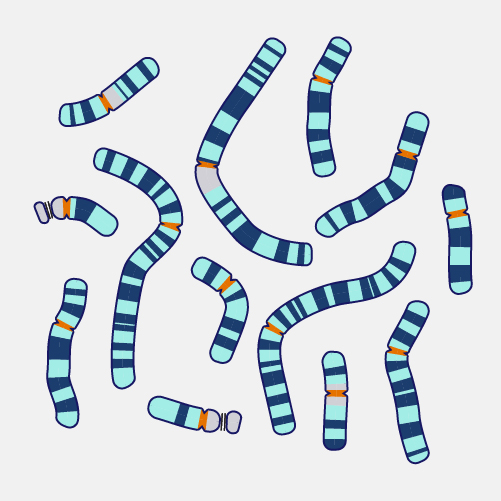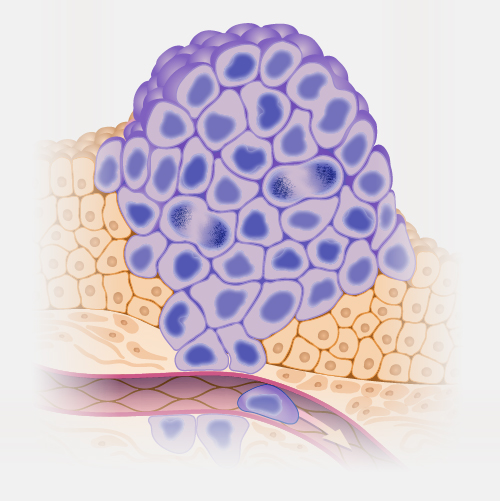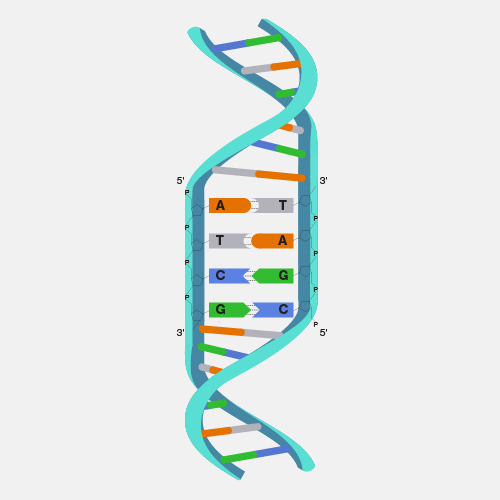
Cancer-Susceptibility Gene
Definition
A cancer-susceptibility gene is a gene that, when changed (or mutated), gives an individual an increased risk for developing cancer. Individuals who have inherited mutations in certain cancer-susceptibility genes have a lifetime risk of cancer that is significantly higher than the general population (e.g., BRCA1/BRCA2 ). Individuals in the high-risk category may benefit from more frequent cancer screens. There are also many gene variants associated with a small increase in risk. In some cases, environmental factors may also play a role.
Narration
Cancer Susceptibility Gene. One of the most interesting research questions in cancer susceptibility is why certain genes predispose to particular cancers. For instance, women with mutations in the BRCA1 or BRCA2 genes are at increased risk for cancers of the breast and ovary, but not for blood cancers like lymphoma or leukemia.

Chief & NIH Distinguished Investigator
Cancer Genetics and Comparative Genomics Branch



